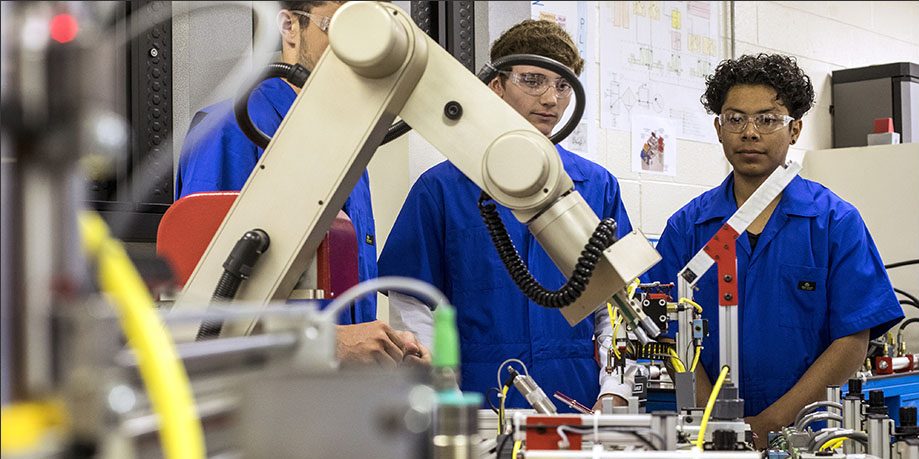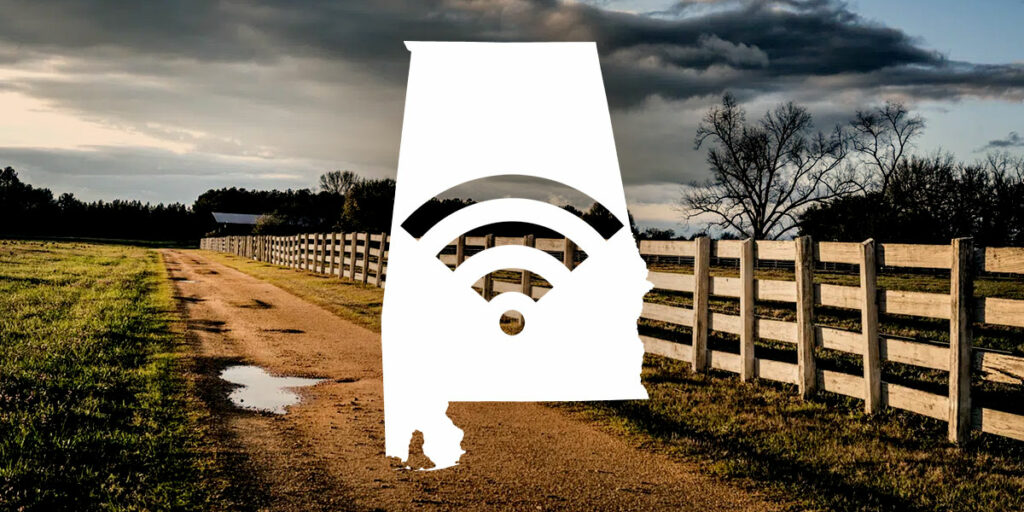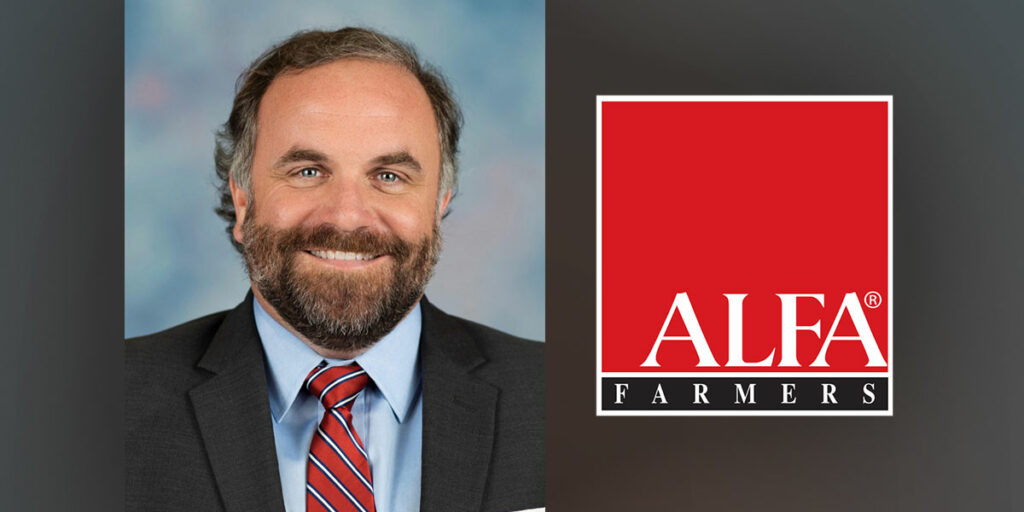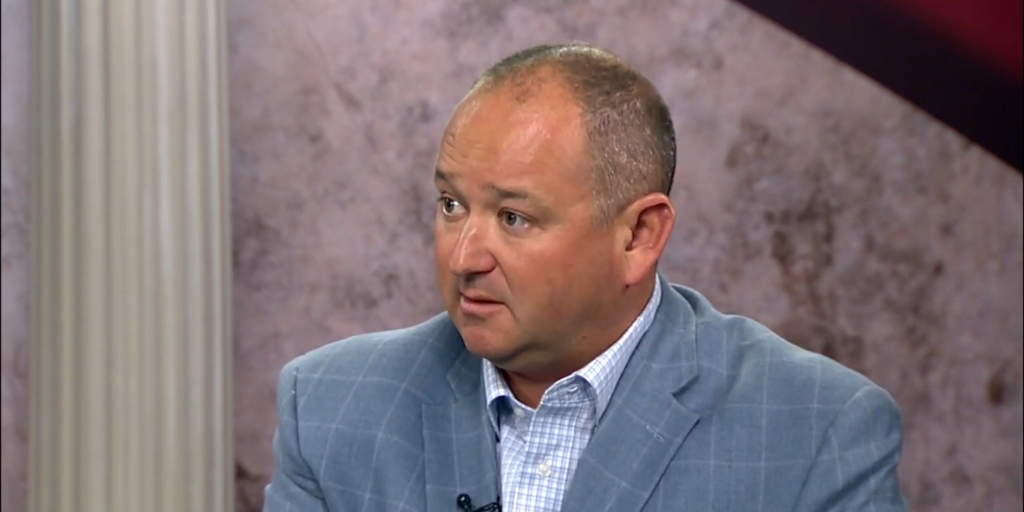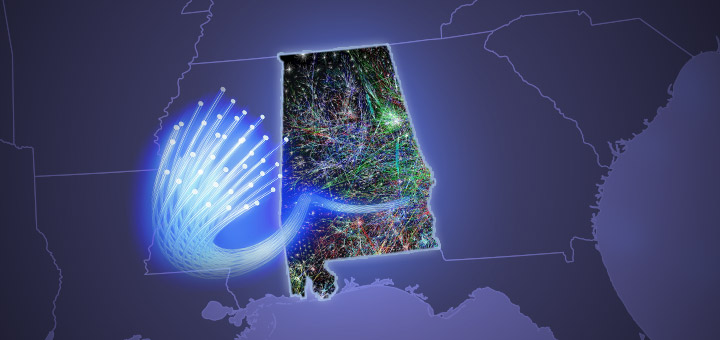
Alabama and other agriculture-based states took off when roads were built to help farmers get their goods to market more quickly. Our country grew leaps and bounds when President Eisenhower had the foresight to invest in a national interstate system. Even thirty years ago, cities and counties had to focus on developing modern public water and sewer systems to set themselves apart for improved sanitation and economic development.
In all these instances, the people made a strategic decision to provide a service through public infrastructure that jump-started economic growth.
The Digital Age has brought about the need to expand another type of infrastructure – broadband Internet – that has explosive economic potential. There are numerous private cable, telecom, and Internet companies investing in fiber optics necessary for expanded broadband access, but there is still a huge demand for increasing access in Alabama.
Because of the large initial capital cost to install fiber optics necessary for broadband Internet, many telecom/cable companies are not willing to invest in expanding broadband to all areas of our state. But when companies look to locate or expand in Alabama, one of the first questions asked is, “What is your digital footprint?”
Only 68.7% of Alabama residents currently have access to high-speed Internet. To help fill the broadband gap and spur economic growth, I introduced legislation in the Alabama Senate this spring to allow public providers of municipal telecommunication services to provide fiber optic broadband Internet networks. Unfortunately, the session came to an end before my bill could receive final passage, but I remain committed to leading the fight to increase broadband coverage in under-served areas of our state.
The city of Chattanooga, Tenn. recently installed a municipal-run gigabit Internet service. Their network operates at speeds 50 times faster than the national average, and it is driving a tech boom. Because of the city’s fiber optic Internet service, The Guardian reported that “Chattanooga has gone from close to zero venture capital in 2009 to more than five organized funds with investable capital over $50 million in 2014.”
As a Republican, I believe the private sector is usually the best and most efficient method for providing a service. But when private companies, for whatever reason, make a decision not to serve an area, we should not handcuff the people of that region if they decide to use a public entity to receive that service (in this case, broadband Internet) in order to compete today for the jobs of tomorrow.
Senator Tom Whatley represents Lee, Russell, and Tallapoosa Counties. He is chairman of the Senate Agriculture, Conservation, and Forestry committee.





